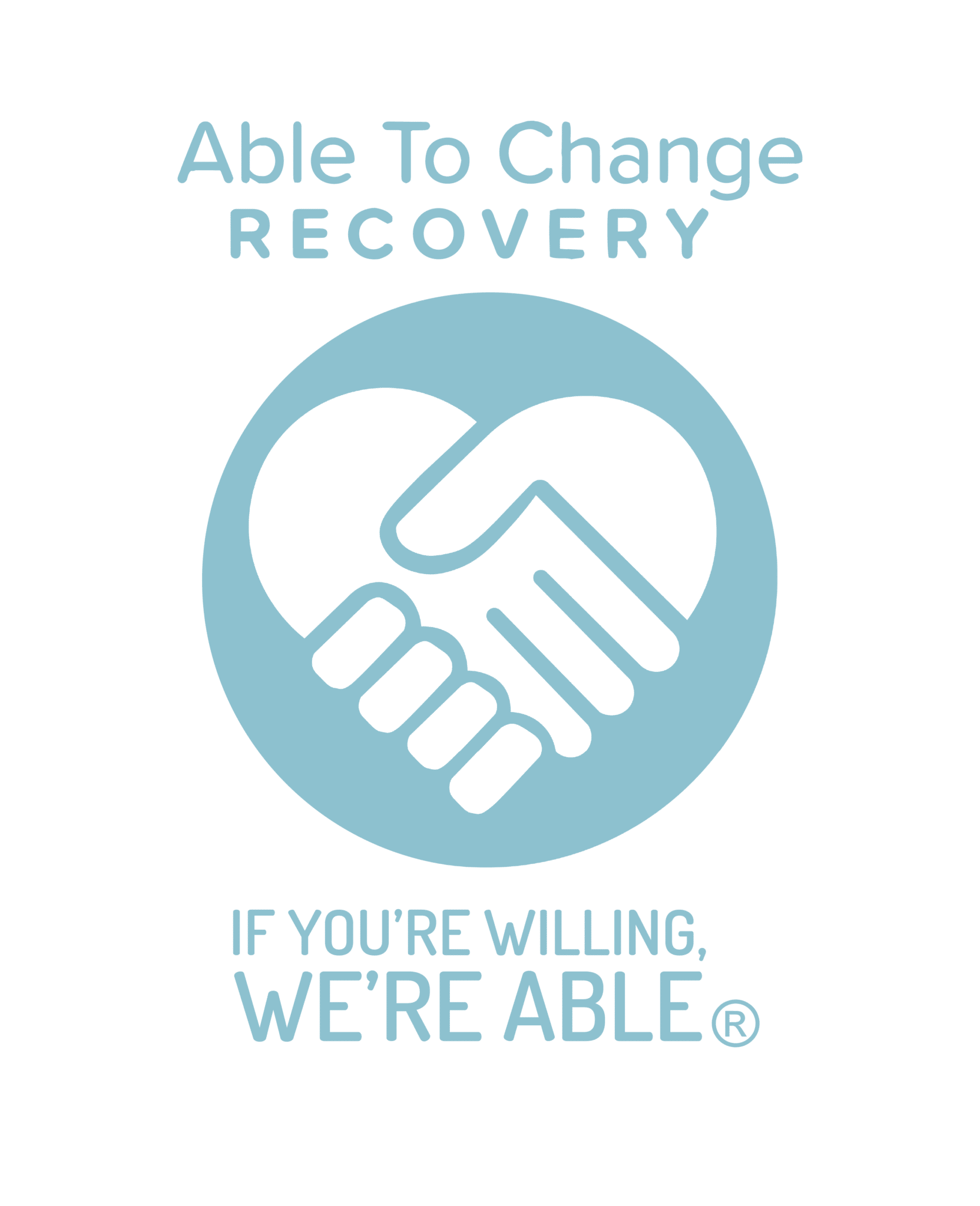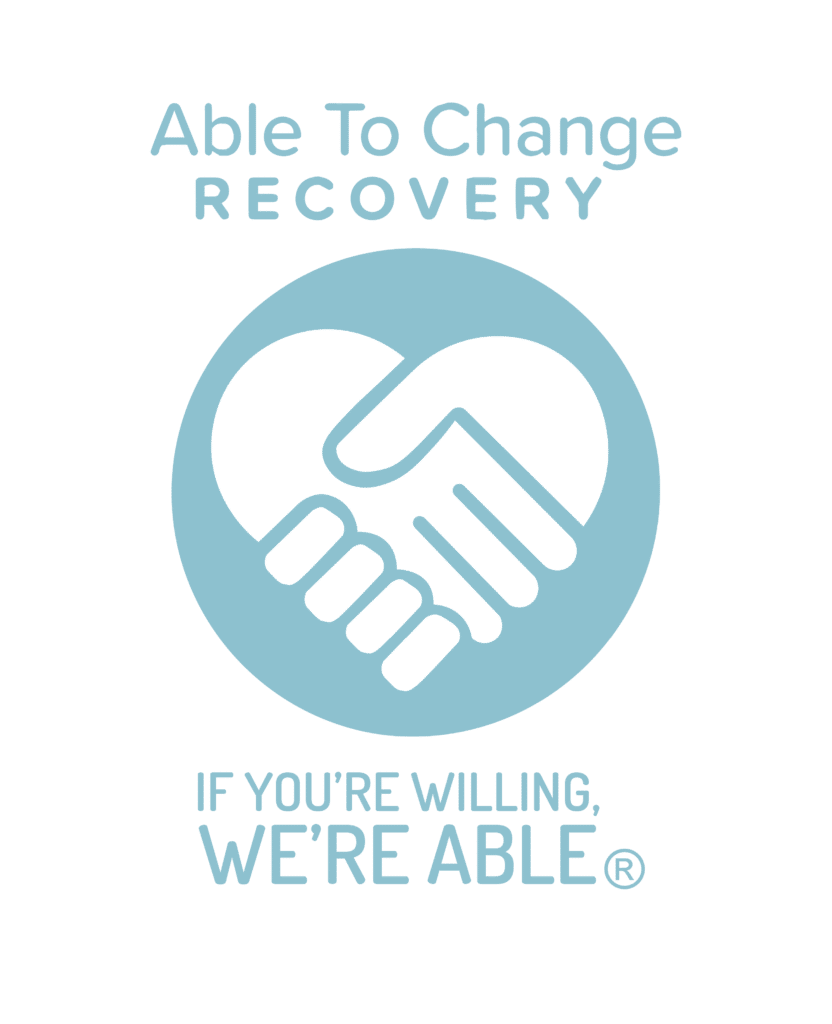
Able to Change Recovery offers Cognitive Behavioral Therapy (CBT) as part of a therapeutic mix when addressing a variety of mental health diseases and disorders, including substance use disorder. CBT is known through clinical studies as an extremely effective treatment modality, used to address the following mental illnesses;
- Depression
- Anxiety Disorders
- Alcohol and Drug Use
- Marital Problems
- Eating Disorders
- Severe Mental Illness
Studies indicate a significant improvement in the quality of life for those who successfully employ the tools gained through CBT. Many studies indicate CBT to be as effective, or often more effective than other psychological approaches to treatment, including:
- Psychiatric Medications
- Dialectic Behavioral Therapy (DBT)
According to the American Psychological Association, CBT is based on several core principles, including:
- Psychological problems are based, in part, on faulty or unhelpful ways of thinking.
- Psychological problems are based, in part, on learned patterns of unhelpful behavior.
- People suffering from psychological problems can learn better ways of coping with them, thereby relieving their symptoms and becoming more effective in their lives.
CBT treatment usually involves efforts to change thinking patterns. These strategies might include:
- Learning to recognize one’s distortions in thinking that are creating problems, and then to reevaluate them in light of reality.
- Gaining a better understanding of the behavior and motivation of others.
- Using problem-solving skills to cope with difficult situations.
- Learning to develop a greater sense of confidence in one’s own abilities.
CBT treatment also usually involves efforts to change behavioral patterns. These strategies might include:
- Facing one’s fears instead of avoiding them.
- Using role playing to prepare for potentially problematic interactions with others.
- Learning to calm one’s mind and relax one’s body.
Able to Change Recovery often leverages CBT as a method of identifying unhealthy thinking patterns that lead to unhealthy coping strategies.



